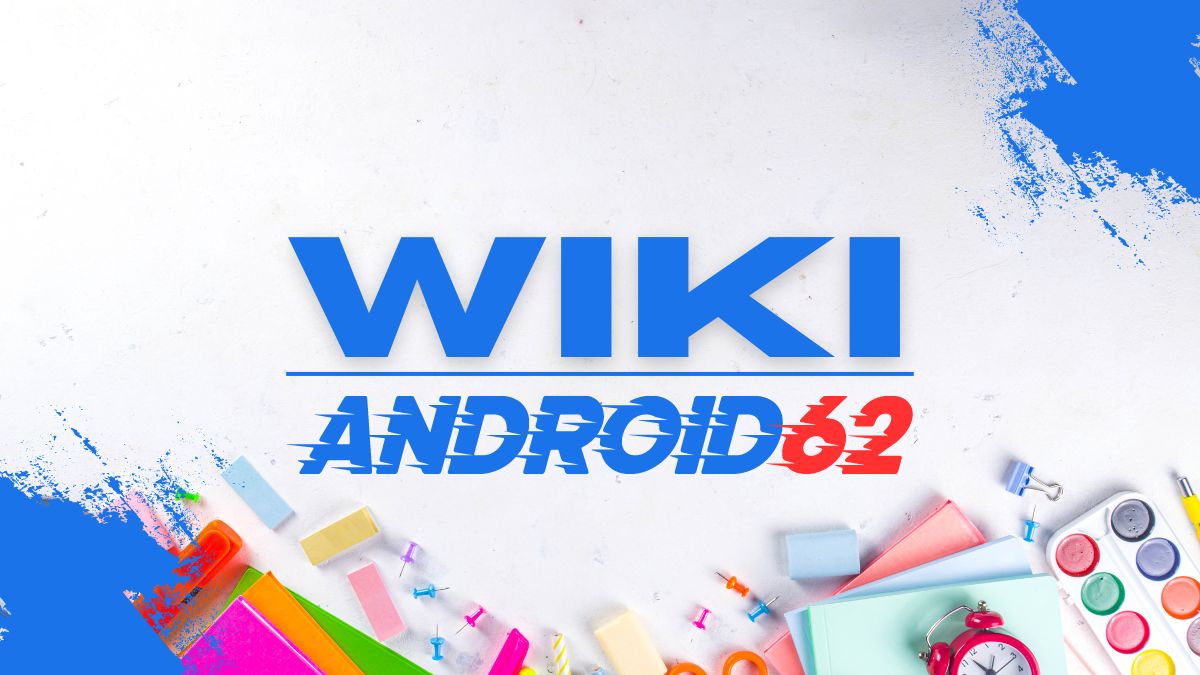
Developmental disabilities are a group of conditions that affect an individual’s physical, cognitive, social, and emotional development. These disabilities typically appear before the age of 22 and can significantly impact a person’s daily functioning. It is crucial to understand that developmental disabilities cannot be cured. While there are treatments and interventions available to manage symptoms and improve quality of life, these conditions are lifelong and will require ongoing support and accommodations.
Types of Developmental Disabilities
There are several types of developmental disabilities, each with its own unique characteristics and challenges. Some common examples include:
- Autism spectrum disorder
- Down syndrome
- Cerebral palsy
- Intellectual disability
- Attention deficit hyperactivity disorder (ADHD)
Understanding the Limitations
It is important to recognize that individuals with developmental disabilities may have limitations in various areas of functioning, such as communication, social skills, motor skills, and academic abilities. These limitations can vary widely depending on the specific disability and the individual’s unique strengths and challenges.
Developmental disabilities are complex and multifaceted conditions that require a holistic approach to treatment and support. While there are therapies and interventions that can help individuals with these disabilities learn new skills and improve their quality of life, it is crucial to understand that these conditions cannot be completely cured.
Challenges Faced by Individuals with Developmental Disabilities
Individuals with developmental disabilities may face a range of challenges in their daily lives, including:
- Social stigma and discrimination
- Limited access to education and employment opportunities
- Difficulty with everyday tasks and activities
- Communication barriers
- Health issues and medical concerns
It is essential for society to recognize and address these challenges to ensure that individuals with developmental disabilities are able to lead fulfilling and meaningful lives.
Treatment and Support Options
While developmental disabilities cannot be cured, there are various treatment and support options available to help individuals manage symptoms and improve their quality of life. Some common interventions include:
- Behavioral therapy
- Speech therapy
- Occupational therapy
- Special education services
- Assistive technology
- Social skills training
These interventions can help individuals with developmental disabilities develop new skills, improve their independence, and enhance their overall well-being.
The Importance of Advocacy and Inclusion
Advocacy and inclusion are crucial for individuals with developmental disabilities to thrive in society. By advocating for their rights and promoting inclusivity, we can create a more supportive and accepting environment for individuals with disabilities. It is essential to recognize the unique strengths and abilities of individuals with developmental disabilities and provide them with opportunities to participate in all aspects of life.
Developmental disabilities cannot be cured, but with the right support and resources, individuals with these conditions can lead fulfilling and meaningful lives. By promoting awareness, understanding, and acceptance, we can create a more inclusive society where everyone has the opportunity to succeed.
Conclusion
In conclusion, developmental disabilities cannot be cured, but with the right support and interventions, individuals with these conditions can lead happy and fulfilling lives. It is essential to recognize the unique strengths and challenges of individuals with developmental disabilities and provide them with the support they need to thrive. By promoting advocacy, inclusion, and awareness, we can create a more inclusive and supportive society for all individuals, regardless of their abilities.



